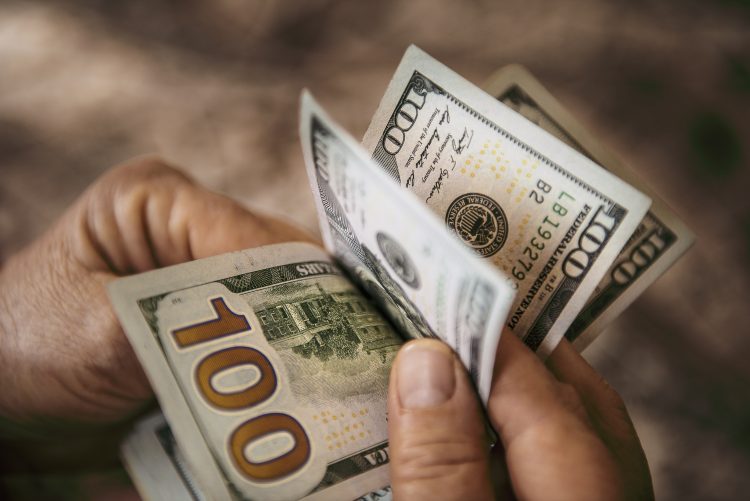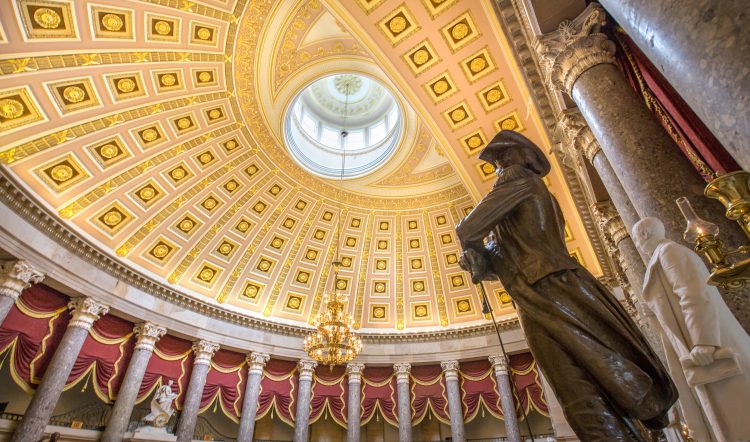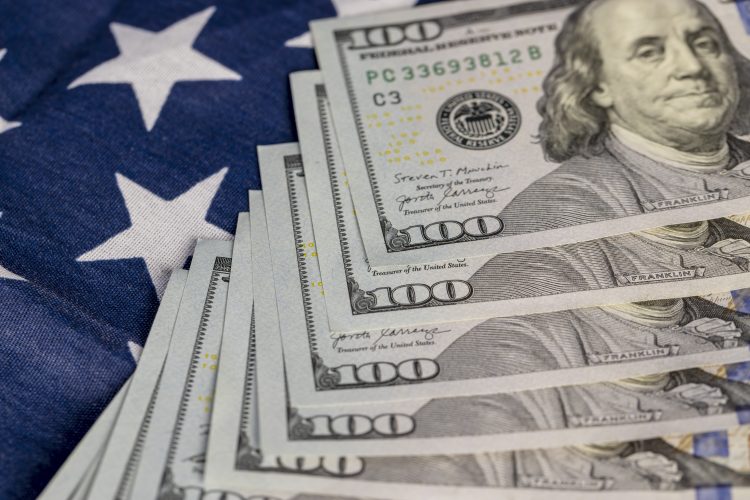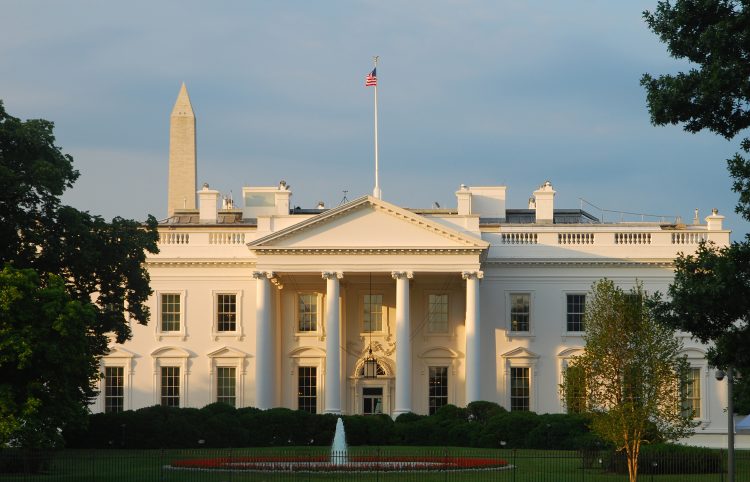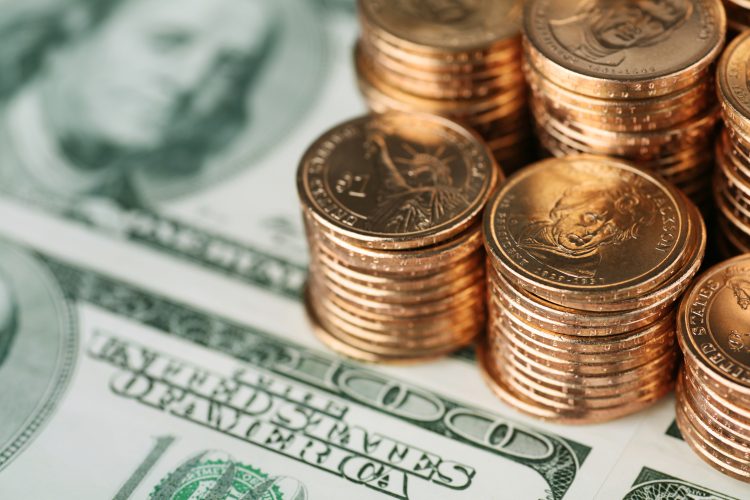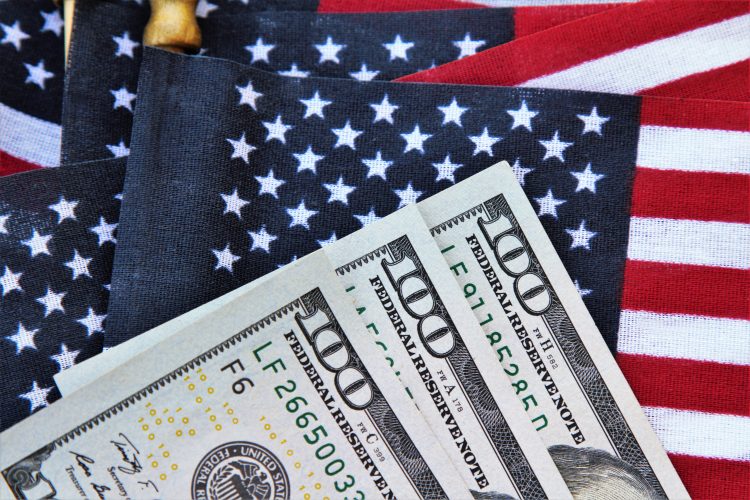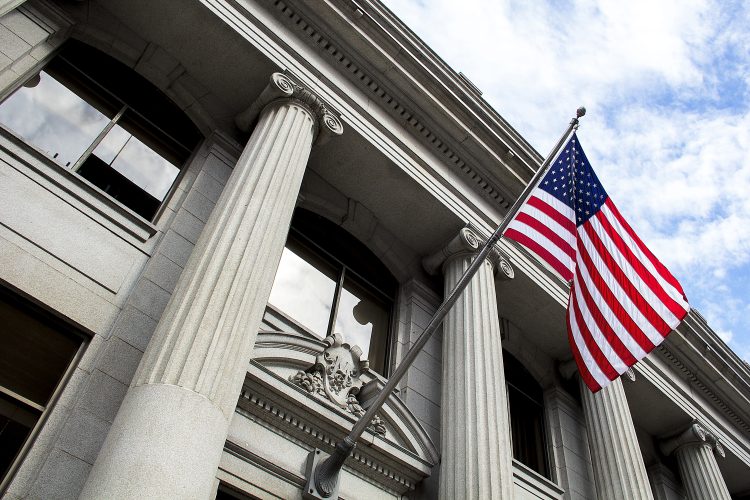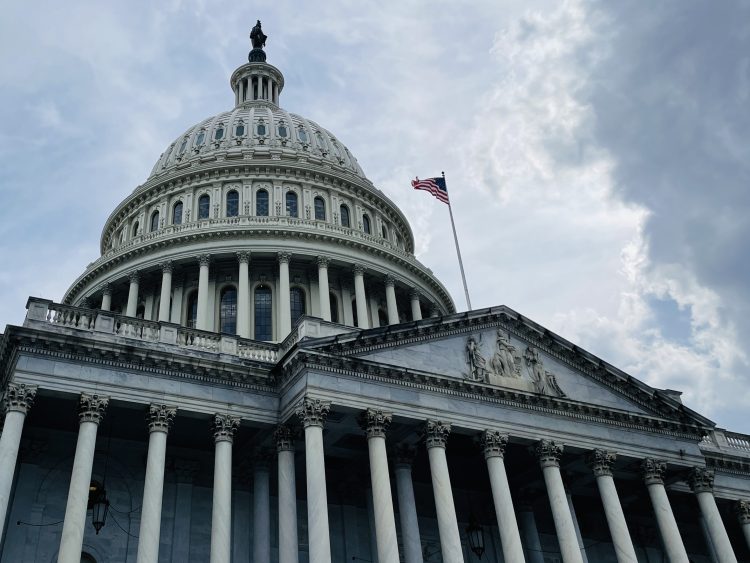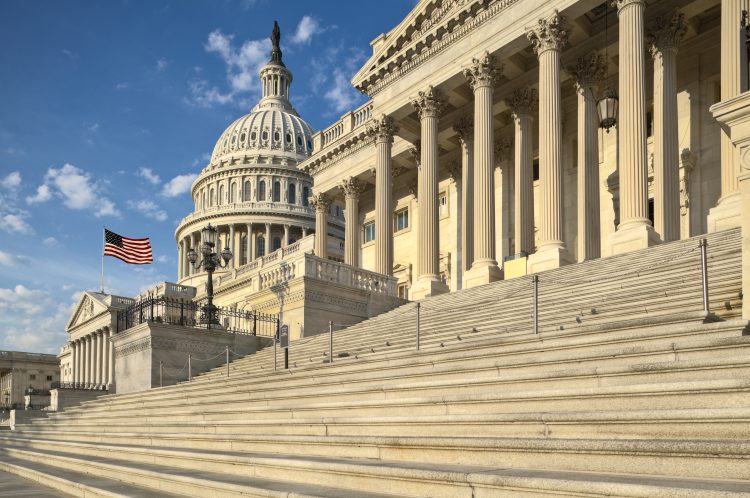A Federal Reserve economist says her research supports theories that suggest intense political partisanship can lead to higher federal deficits as well as weaker economic growth.
Marina Azzimonti, an economist at the Federal Reserve Bank of Philadelphia, searched newspapers between 1891 and 2013 for words such as “gridlock” and “partisanship.” She then compared that data with statistics on deficits, GDP growth and income inequality.
In a recent working paper, she says a rise in political conflict equal to that seen in Congress between 2006 and the middle of last year could be expected to add nearly $134 billion to government deficits, reduce private investment by close to 10 percent, and cut GDP growth by at least 1 percent.
External links:
Federal Reserve Bank of Philadelphia Partisan Conflict Report
Continue Reading
